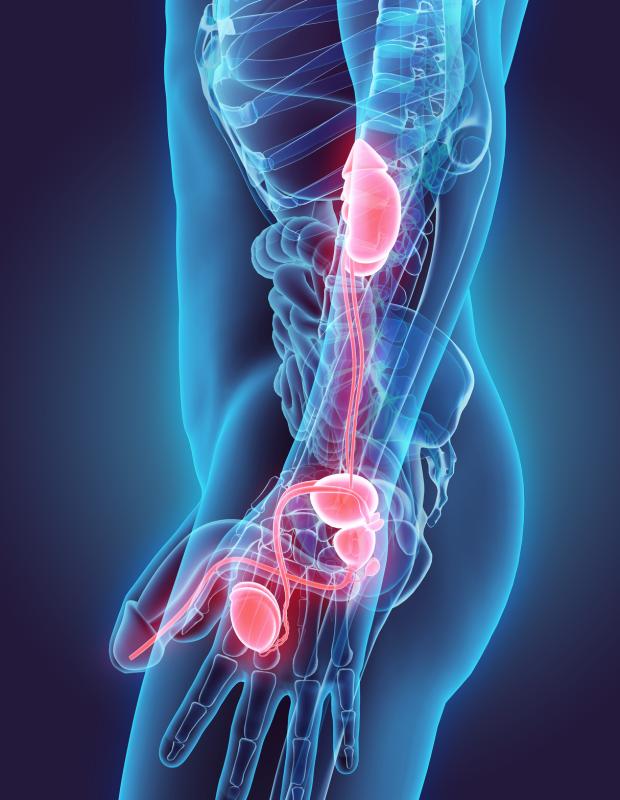
Men who undergo flexible cystoscopy, particularly with a longer dwell time, may benefit from intraurethral lidocaine as it provides significant pain reduction, suggest the results of a meta-analysis. Evidence is lacking for other tested interventions.
Twelve randomized controlled trials were included in the final intraurethral lidocaine meta-analysis, providing data for a total of 1,549 patients. The standardized mean difference between visual analogue scale pain scores in patients who underwent flexible cystoscopy with intraurethral lidocaine and plain lubricant was –0.22 (95 percent confidence interval, –0.39 to –0.05).
There was insufficient evidence to examine other interventions for lessening the discomfort of invasive bladder procedures.
“A prospective study is needed to further clarify interventions to decrease patient discomfort during cystoscopy and other intravesical procedures in a diverse population,” the investigators said.
This study incorporated search terms derived from key questions into the literature search constructed by a research librarian and accessed the English medical literature from 1990 to 2017. In total, 626 potential studies were identified from the initial search, and 62 were incorporated in the final review.
The investigators combined 12 trials into a meta-analysis with a random effects model of the efficacy of intraurethral lidocaine vs plain lubricant to reduce pain during flexible cystoscopy as measured on a 10-point visual analogue scale.
“The Bladder Cancer Advocacy Network Patient Survey Network identified pain during intravesical procedures as a research priority for patients,” the investigators noted. “Although intraurethral lidocaine is the standard of care in this setting, evidence of its use is equivocal.”